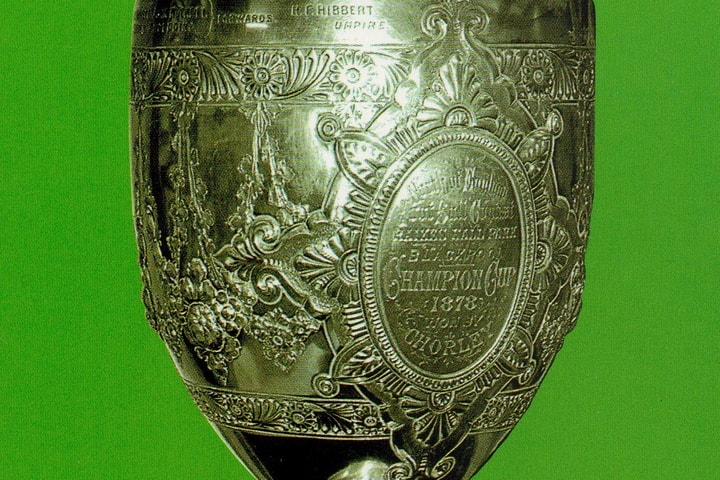It remains surprising that it took a century from the foundation of the Rugby Football Union in January 1871 to the decision to hold an inaugural knock-out competition for English clubs during the 1971-72 season. It was not technically a cup competition because there was only a plaque to be presented to the winning team at the end of the Final by the RFU President.
Despite the intense competitiveness of the Five Nations Championship and the English County Championship and the shining example of football's FA Cup, all of which had existed since the 19th century, the RFU had been resistant for many years to the idea of a club competition in England. Pressure had been mounting for some years among the clubs for a greater structure to their seasons but fears of increasing professionalism and what was often described as over-vigorous play had led to an excessive caution on the part of the RFU in introducing competitions. The sole guide to the relative standings of the various clubs had hitherto been the rankings compiled by newspapers and based on teams' performances over the course of each season.









